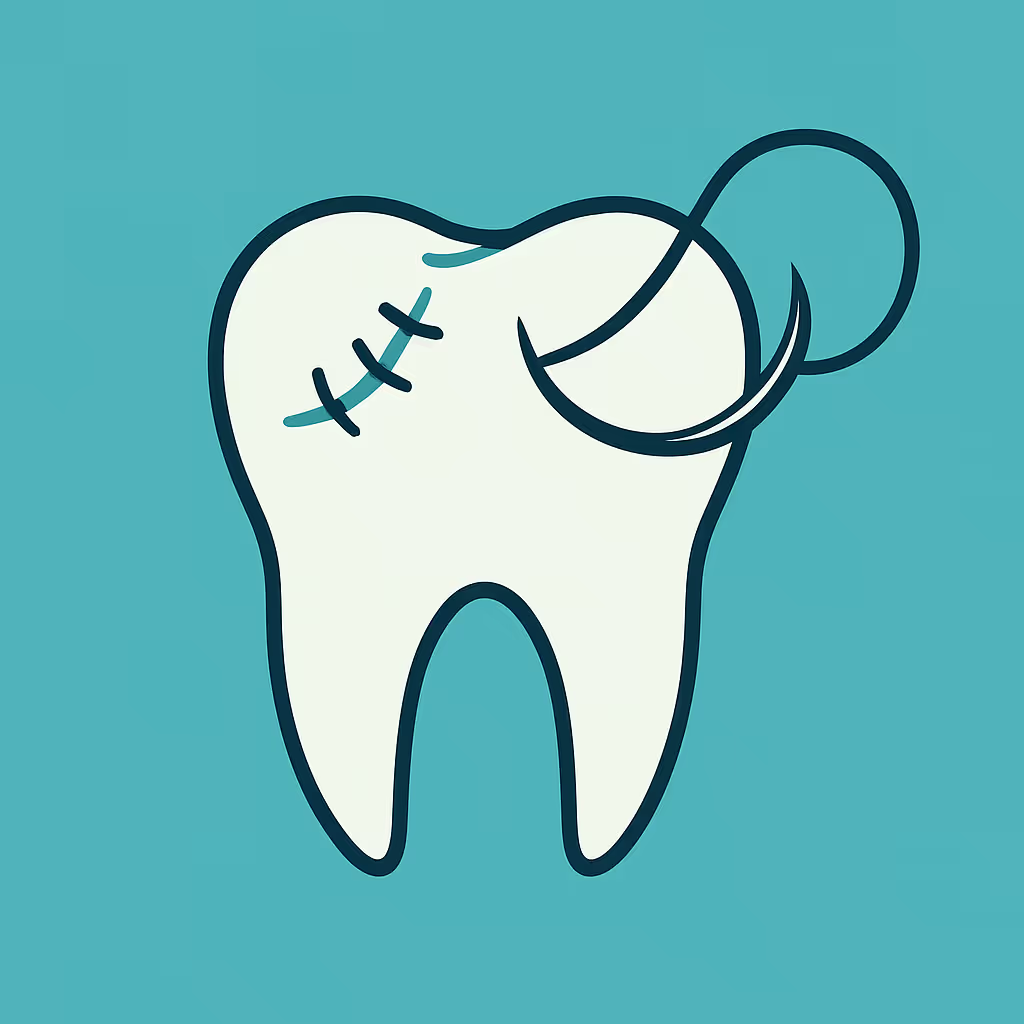Understanding Dental Code D6118
When to Use D6118 dental code
The D6118 dental code is designated for an implant/abutment supported interim fixed denture for an edentulous arch – specifically the mandibular (lower) arch. This code is used when a patient requires a temporary, fixed prosthesis supported by implants or abutments during the healing or integration phase before the final denture is delivered. D6118 is not for permanent restorations; it is strictly for interim (temporary) use, providing function and esthetics while the patient awaits their definitive prosthesis.
Documentation and Clinical Scenarios
Proper documentation is essential for successful billing and claim approval. Clinical notes should clearly indicate:
- The patient is edentulous in the mandibular arch.
- Implants or abutments have been placed and are supporting the interim prosthesis.
- The interim nature of the prosthesis (i.e., it is not the final restoration).
- The rationale for needing an interim fixed denture (e.g., healing, osseointegration, patient comfort).
Common clinical scenarios include full-arch implant cases where immediate loading is desired, or when the patient’s final prosthesis cannot be fabricated until after a period of healing or additional treatment. Always include pre- and post-operative radiographs, implant placement records, and a signed treatment plan in the patient’s chart.
Insurance Billing Tips
Billing for D6118 requires attention to detail to avoid denials or delays in reimbursement. Here are best practices:
- Verify benefits: Before treatment, confirm with the patient’s insurer whether interim implant-supported prostheses are covered, as not all plans include benefits for temporaries.
- Submit detailed narratives: Include a clear explanation of why an interim prosthesis is medically necessary, referencing healing time, patient needs, and treatment sequence.
- Attach supporting documentation: Always submit clinical notes, radiographs, and the treatment plan with your claim. This helps justify the use of D6118 and expedites claim processing.
- Coordinate benefits: If the patient has dual coverage, ensure proper coordination to maximize reimbursement and minimize out-of-pocket costs.
- Appeal denials: If a claim is denied, review the EOB for the reason, gather any missing documentation, and submit a thorough appeal letter referencing the CDT code’s definition and clinical necessity.
Remember, D6118 is distinct from codes for permanent prostheses, such as D6114 (permanent implant/abutment supported fixed denture for edentulous arch – mandibular). Use the correct code to avoid claim errors.
Example Case for D6118
Consider a patient who is fully edentulous in the lower arch and has four implants placed to support a fixed prosthesis. Due to the healing period required for osseointegration, the dentist fabricates and delivers an interim fixed denture, allowing the patient to function and maintain esthetics during this phase. The clinical documentation specifies the interim nature of the prosthesis, the number and location of implants, and the anticipated timeline for the final restoration. The dental office submits a claim using D6118, attaches all supporting documentation, and provides a detailed narrative. The insurer approves the claim, and the patient transitions to the permanent prosthesis after healing, which is then billed under the appropriate permanent code.
By following these steps and understanding the correct application of D6118, dental teams can ensure accurate billing, timely reimbursement, and optimal patient care during complex implant cases.





